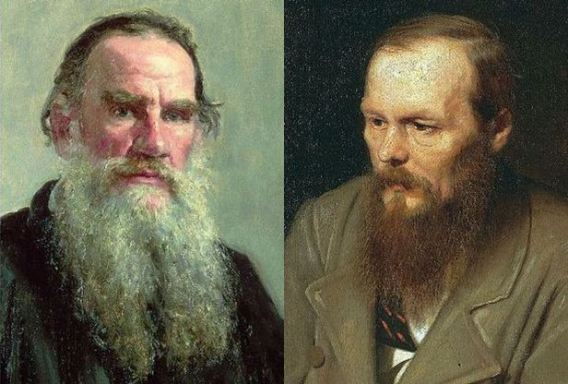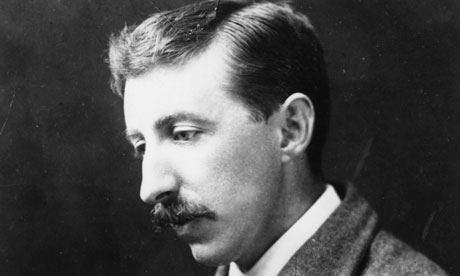1) Start with any sentence:
I took a big swig.
2) Now add a whimsical phrase to give it some unexpected flavor.
I took a big swig in the air.
3) Now insert about three (but no fewer than two) adjectives in front of your direct object or the object of your prepositional phrase:
I took a big swig in the wild, blowing, drizzling air.
4) Now replace at least one of those adjectives with a word not normally associated with the object it describes. Proper place names work well, but really it can be anything.
I took a big swig in the wild, lyrical, drizzling air.
5) If you chose not to use a proper place name in the previous step, tack it on to the end of the sentence in its own prepositional phrase:
I took a big swig in the wild, lyrical, drizzling air of Nebraska.
See? Kerouac! It’s easy. Now let’s try it with a more complex sentence:
1) Start with any sentence of your choosing:
I heard a laugh, and here came this farmer with a bunch of other boys into the diner.
2) Embellish your direct object:
I heard a great laugh, and here came this farmer with a bunch of other boys into the diner.
3) Do it again, and don’t shy away from hyperbole:
I heard a great laugh, the greatest laugh in the world, and here came this farmer with a bunch of other boys into the diner.
4) Now insert your adjectives:
I heard a great laugh, the greatest laugh in the world, and here came this rawhide old-timer wheat farmer with a bunch of other boys into the diner.
5) Now swap out one of your adjectives as before:
I heard a great laugh, the greatest laugh in the world, and here came this rawhide old-timer Nebraska farmer with a bunch of other boys into the diner.
Piece of cake. Now you try.


























